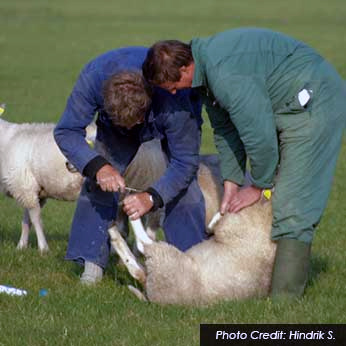Veterinary Technician
Overview:
Veterinary Technicians are responsible for the well-being of animals. They work hand-in-hand with veterinarians providing the essential medical procedures to ensure that animals are healthy.

What responsibilities will I have?
- Provide health care for pets, livestock, zoo, sporting and or laboratory animals
- Examine animals to determine nature of illness or injury
- Perform laboratory tests such as urinalysis and blood counts
- Expose and develop x rays and radiographs
- Treat injuries for pets and or farm animals
- Assist veterinarian in treatments and surgeries
- Advise animal owners of animal care and feeding
- Responsible for ensuring sanitary measures before, during and after all procedures
- Operate medical equipment
- Stock and maintain medicines and supplies
- Euthanize animals when necessary
- Provide prevention care to maintain animal health
- Communicate with the veterinarian about the progress of animal treatments and recovery
- Document for each specific animal treated
What education and training is required?
An associate’s degree in veterinary technology or animal science, more research based positions may require a bachelor’s degree.
To pursue a career as a Veterinary Technician:
The following high school courses are recommended:agricultural education, a focus on sciences such as animal science and biology, chemistry, physical science, and mathematics.
Typical Employers:
Veterinary clinics, university research farms, diagnostic laboratories, zoos, animal control facilities and wildlife preserves.
Future Job Market/Outlook:
The future outlook for Veterinary Technicians is expected to be excellent.




